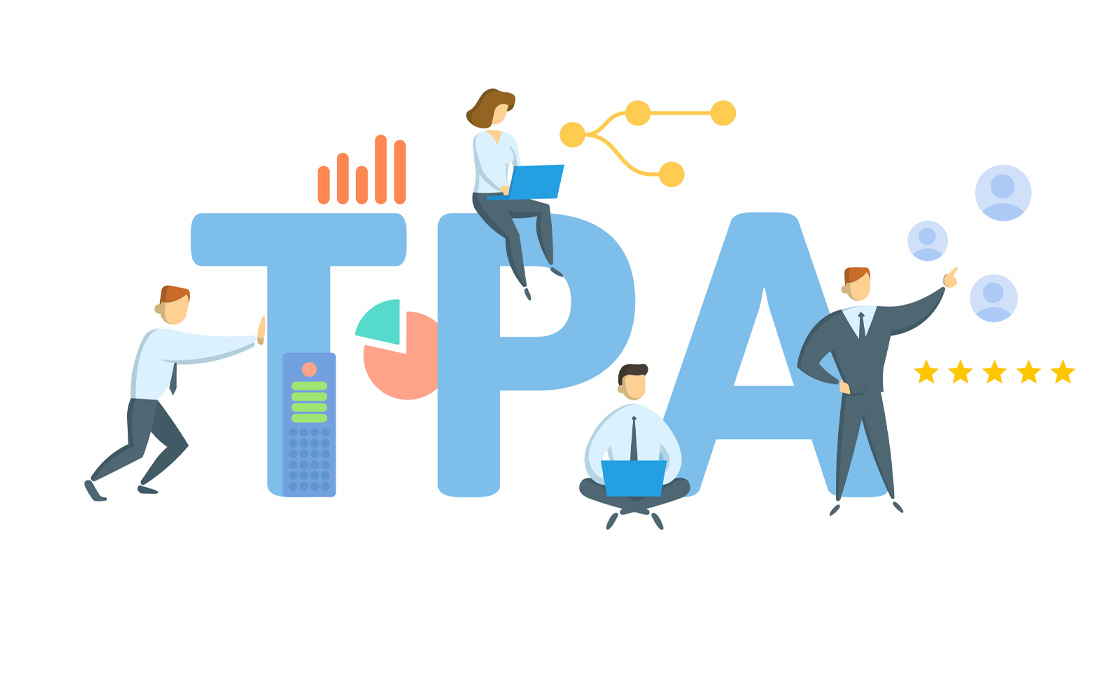
The decision to offer health benefits has many factors for both your employees and your business.
Many small employers (companies with fewer than 50 full-time employees) may not realize how important health benefits are to current and potential employees, yet three key drivers of employee satisfaction are (MetLife U.S. Employee Benefit Trends Study):
- Benefits employees receive
- Benefits that meet an employee’s needs
- Satisfaction with an employer’s contribution to a benefit plan.
If you are a small employer deciding whether to offer health insurance to your employees or require that they seek their own health insurance options, there’s much to consider.
At PHP, we’ve found that the right health benefit mix helps drive employee loyalty and satisfaction with the company. More choice within a broader range of benefits helps employees of all ages make appropriate decisions with enrollment education as an indispensable way to create confidence and understanding as an employee makes benefit selections.
Consider these questions to guide your decision:
- Does your company’s health insurance plan help you to attract and retain talented and qualified candidates?
- Does offering health insurance help avoid financial penalties?
- Do you gain tax advantages by offering health insurance?
- Are you eligible for a small business healthcare tax credit?
- How do rates compare both on and off the Marketplace (healthcare.gov)
- If you have health insurance in place, will your employees be more satisfied, loyal, and enjoy better overall health?
Resources
Employers can be very helpful in increasing employees’ confidence levels about the benefits they are selecting in the ever-changing landscape of health insurance. Trusted, professional guidance can be obtained from an insurance company, a health-insurance consultant, or a licensed broker.
Employees ranked one-on-one in-person meetings, group in-person meetings, and benefits handbook as the top three resources they perceive as effective. Interestingly, in looking across all ranked resources, employers generally overstate the effectiveness of resources compared to how employees rate them. Knowing employee communication preferences can help employers evaluate where to focus time and resources, and balance valuable touch-point opportunities such as one-to-one and group enrollment meetings.
Are individual health plans an option?
Some businesses might want to pay directly for an employee's individual health insurance plans without utilizing an ERISA and HIPAA-compliant Section 105 Plan, but doing so may put the business out of compliance with federal regulations and may increase the business's (and employee's) tax liability. This can happen if an employer does not offer a “qualified” plan or does not take into account that paying for individual health insurance without a plan becomes taxable income to your employees.
If you employ lower-wage employees (those earning less than 400% of the federal poverty limit), they may benefit from tax subsidies offered on the Marketplace.
As you are making decisions about how and why your company should consider offering healthcare to your employees, keep in mind:
- Companies that provide health insurance have a greater percentage of employees at work daily
- Employees will often accept better benefits in lieu of larger salaries
- Offering health insurance to employees can help protect them from financial peril
- Share the bottom line with your employees. Let them know the true cost of their insurance. Tell them how much you contribute and how much they contribute.
Consider PHP
PHP offers a variety of employee benefits plans with flexible funding options. Talk with your benefits advisor and consider getting a quote from PHP. You can view our group health plan options here.


